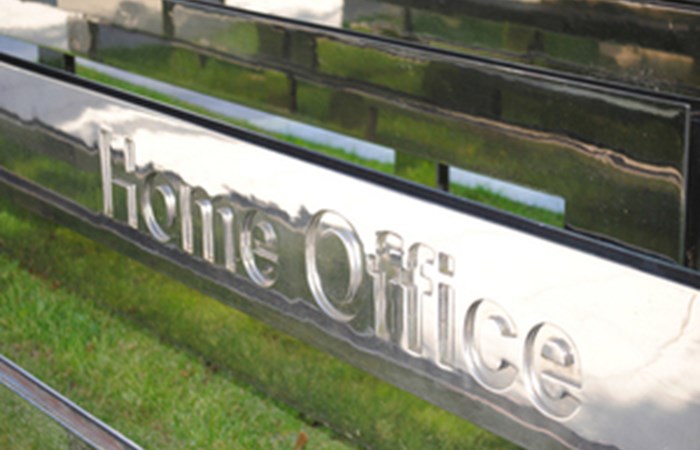Home Office

The 41 projects across England and Wales will carry out a range of activities including providing support to victims, working with perpetrators of abuse to change their behaviour and helping to support children affected by what they have witnessed.
Specialist help will be made available for the most vulnerable victims, including providing support for those with complex needs, including those with substance misuse problems or poor mental health.
The funding for successful bids was announced in a speech by the Home Secretary to the Womens Aid conference to members in Coventry.
Home Secretary Amber Rudd said:
Tackling violence against women and girls is everyones business. It needs a joined-up, collaborative response locally, providing support to victims through health, education and social care, as well as the police.
These projects will help ensure that victims and survivors get the right support at the right time, as well as intervening early to prevent these crimes from happening in the first place.
Violence Against Women and Girls devastates the lives of victims and families and this Government will continue to do all it can to protect people from these horrendous crimes.
The funding has been awarded through the Violence Against Women and Girls (VAWG) Service Transformation Fund, which is designed to support earlier intervention and prevention so that fewer women reach crisis point.
It includes 600,000 for the ASSIST project in Birmingham, where health commissioners, local authorities and providers such as Black Country Womens Aid will work together to offer specialist support to victims of domestic abuse who have complex additional problems including drug, alcohol and mental health issues which mainstream services are often unable to address. There will be a particular focus on women at risk of having their children taken into care.
In South Wales, 1.4 million will go to a wide-ranging programme of support using the Change that Lasts framework. This includes rolling out the Ask Me scheme through which up to 30 community ambassadors will be trained to identify the signs of abuse and to provide safe spaces within communities where women can report it.
Seventeen of the successful projects include working with perpetrators, including programmes with teenage boys to intervene early if they are exhibiting aggressive or worrying behaviour before it escalates into abuse.Todays announcement represents a further demonstration of the governments commitment to tackling violence against women and girls and follows confirmation in the recent Queens Speech of the forthcoming Domestic Violence and Abuse Bill.
It will include a consolidated new domestic abuse prevention and protection order, and enshrine a definition of domestic abuse in law. It will establish a Domestic Violence and Abuse Commissioner to stand up for victims and survivors.
The legislation will allow the government to ratify the Istanbul Convention, which will enable UK courts to prosecute British citizens for domestic abuse regardless of where in the world the offence was committed.
The bill will also ensure that if abusive behaviour involves a child, then the court can hand down a sentence which reflects the devastating and life-long impact that abuse can have.
In the last Parliament, the government published its strategy to end violence against women and girls, making clear that everyone needs to play their part friends, family, employers, health providers and the police. It also introduced a specific offence of controlling or coercive behaviour.
The VAWG Strategy, published in March 2016, committed to launching a VAWG Service Transformation Fund as part of the 80 million pledged to support the governments commitment to tackling VAWG and ensuring victims and survivors get the support they need. Following an additional 20 million announced in the Spring Budget, we have now pledged 100 million in funding over the Spending Review period.
View the full list of the successful projects.
Read the Home Secretarys speech.
